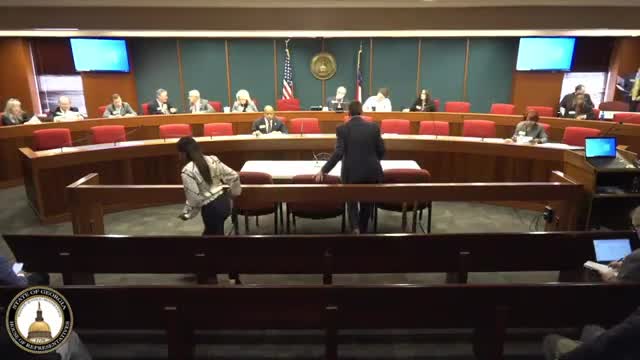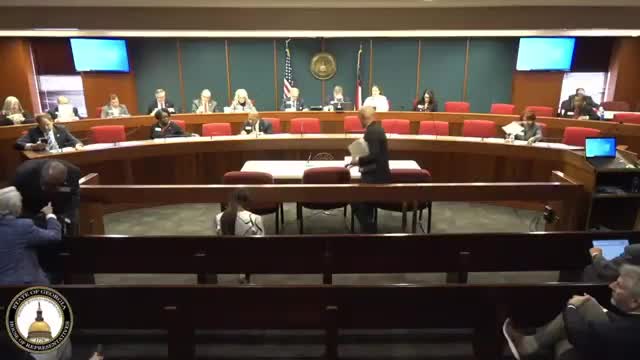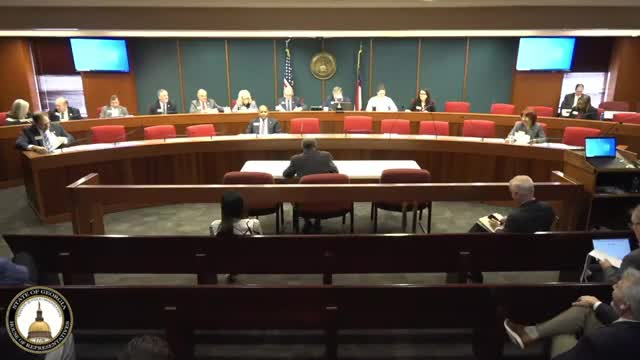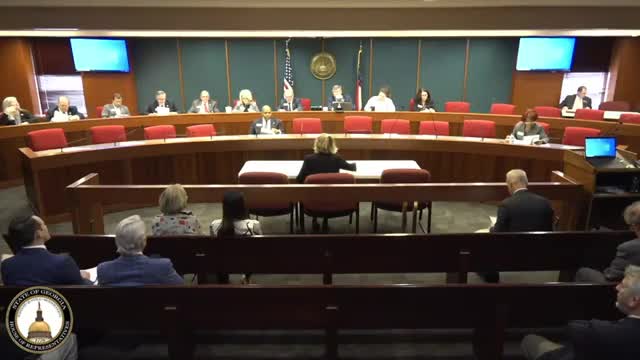Article not found
This article is no longer available. But don't worry—we've gathered other articles that discuss the same topic.

Committee hears substitute to regulate private surface-water utilities; PSC warns of staffing needs

Committee amends subscription bill to delay implementation date and tighten long-term renewal consent

Committee backs 15-minute "cooling off" window for peer-to-peer transfers in HB 576

